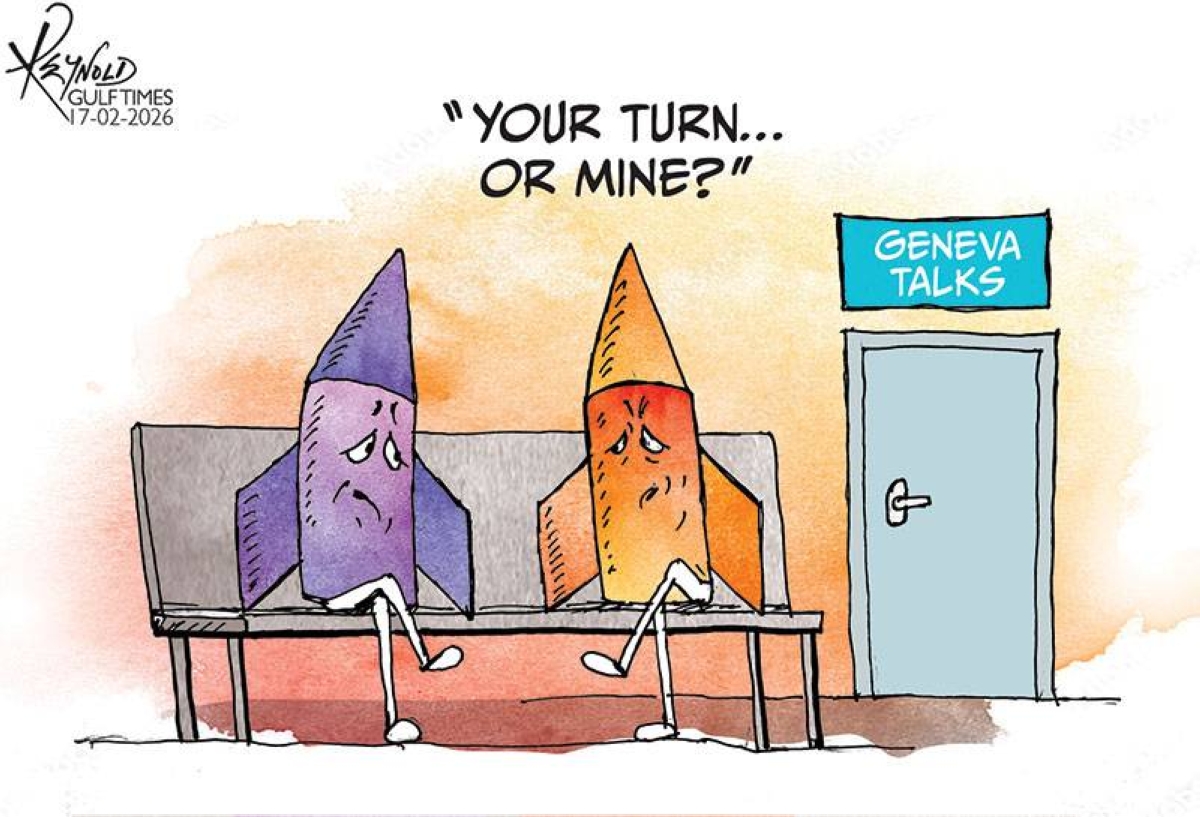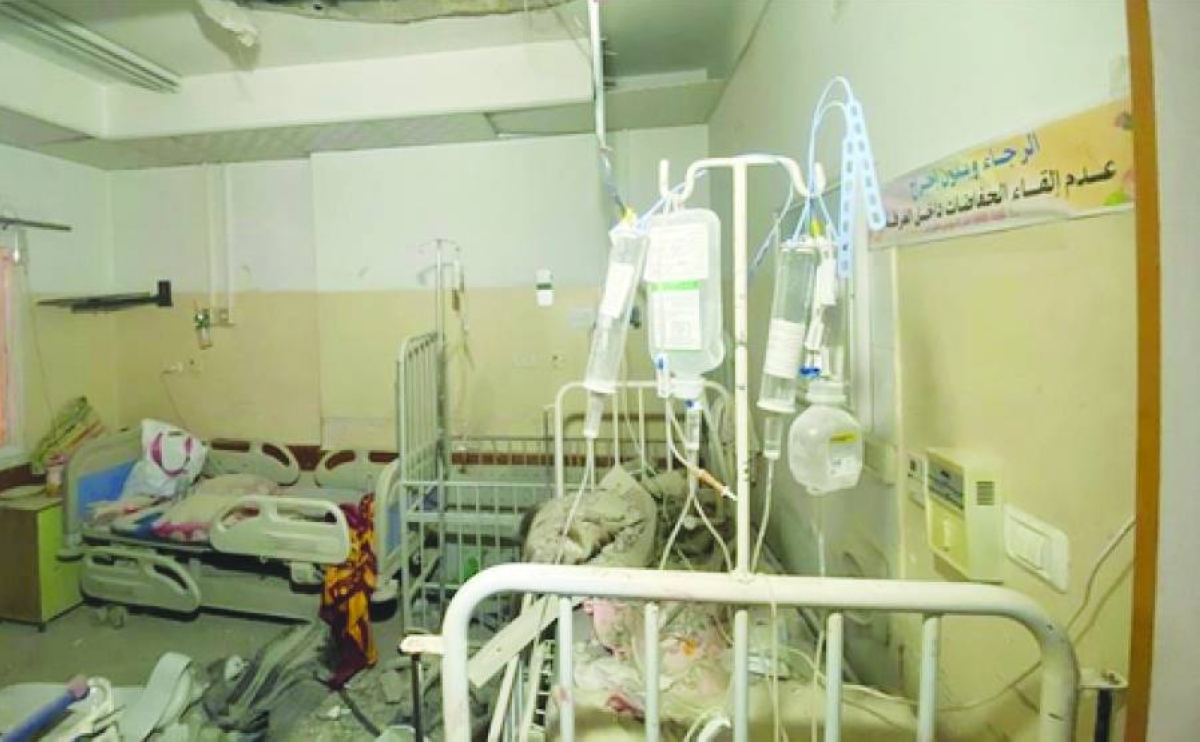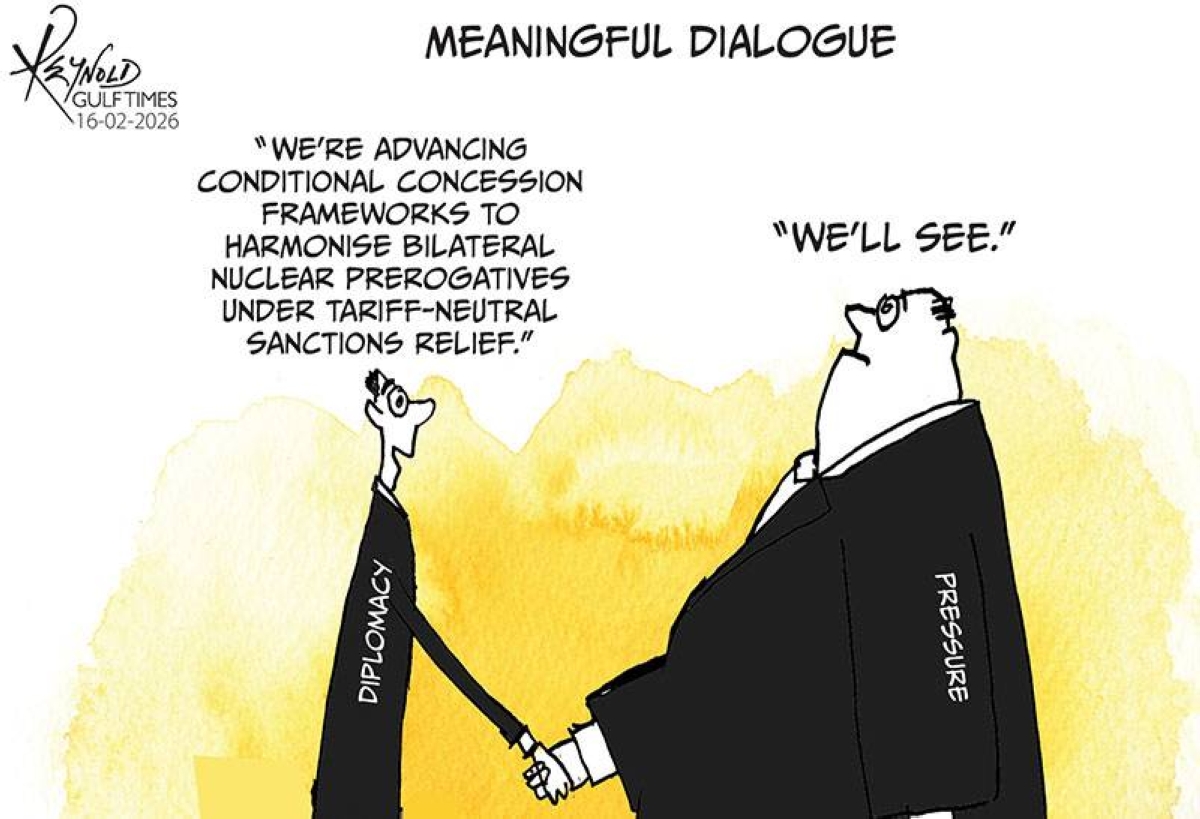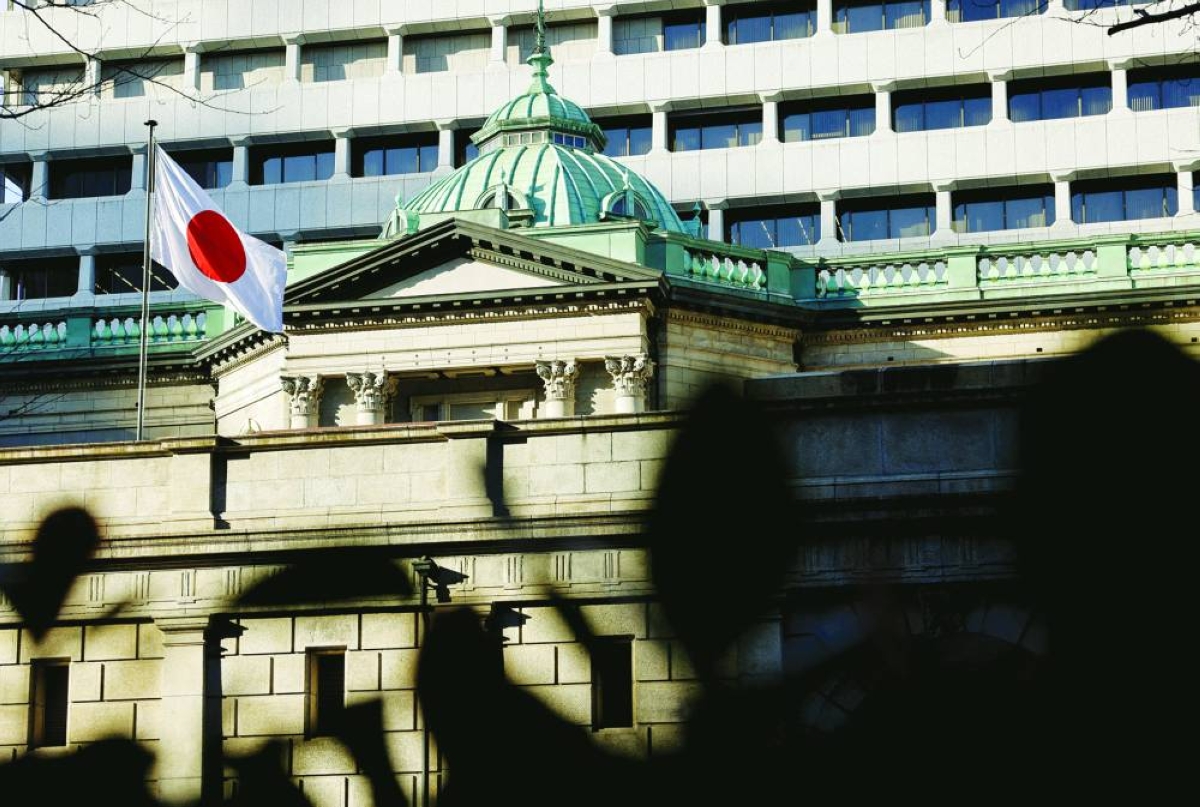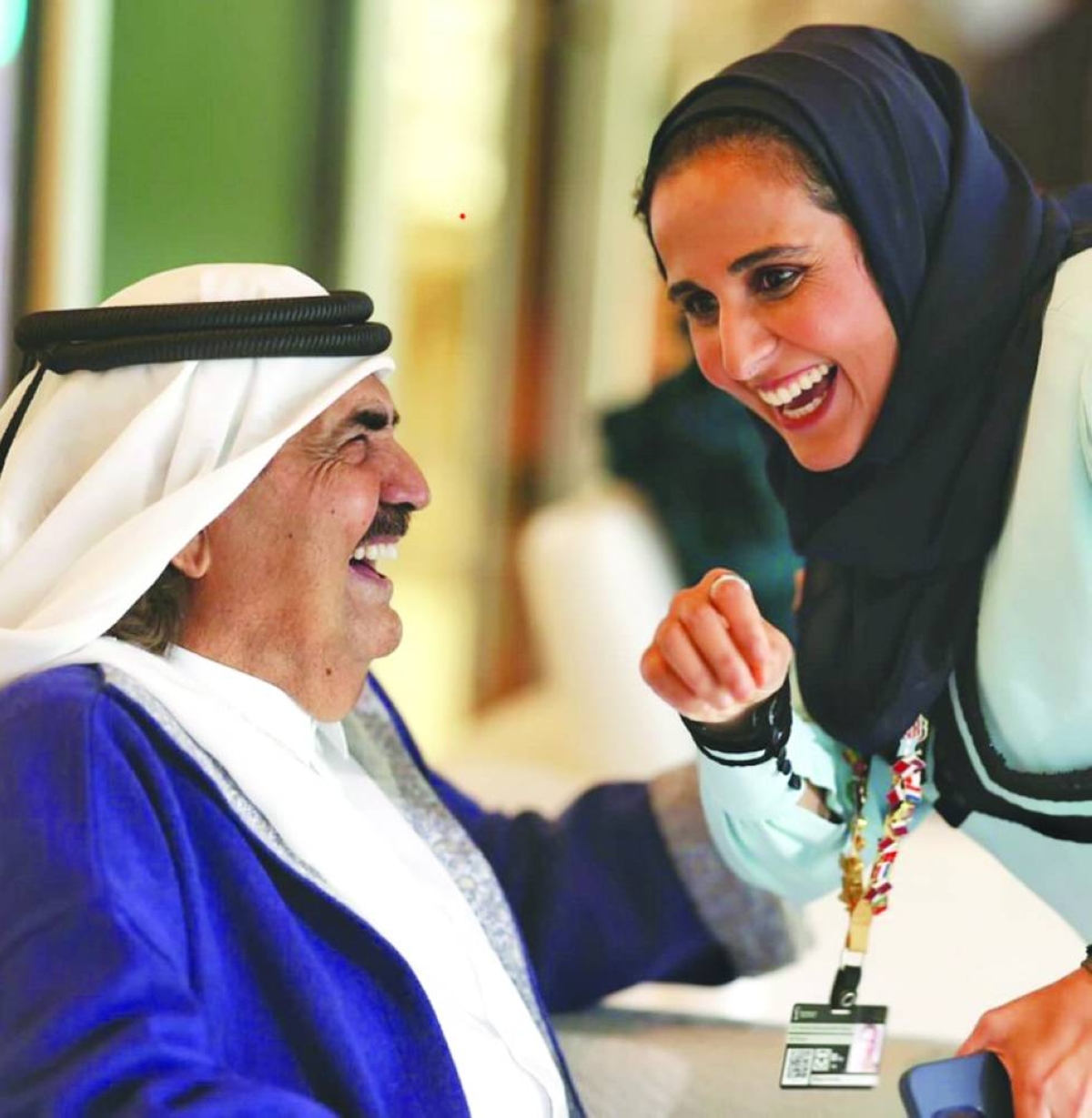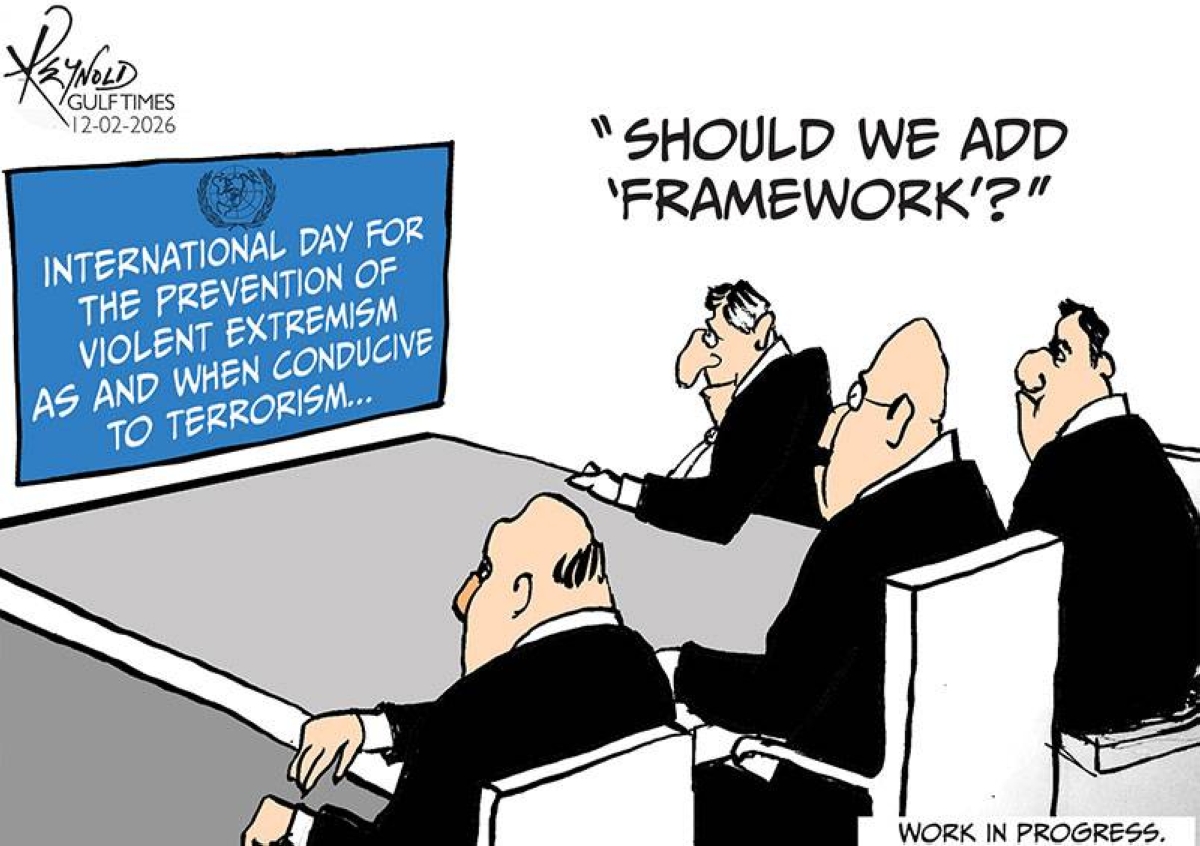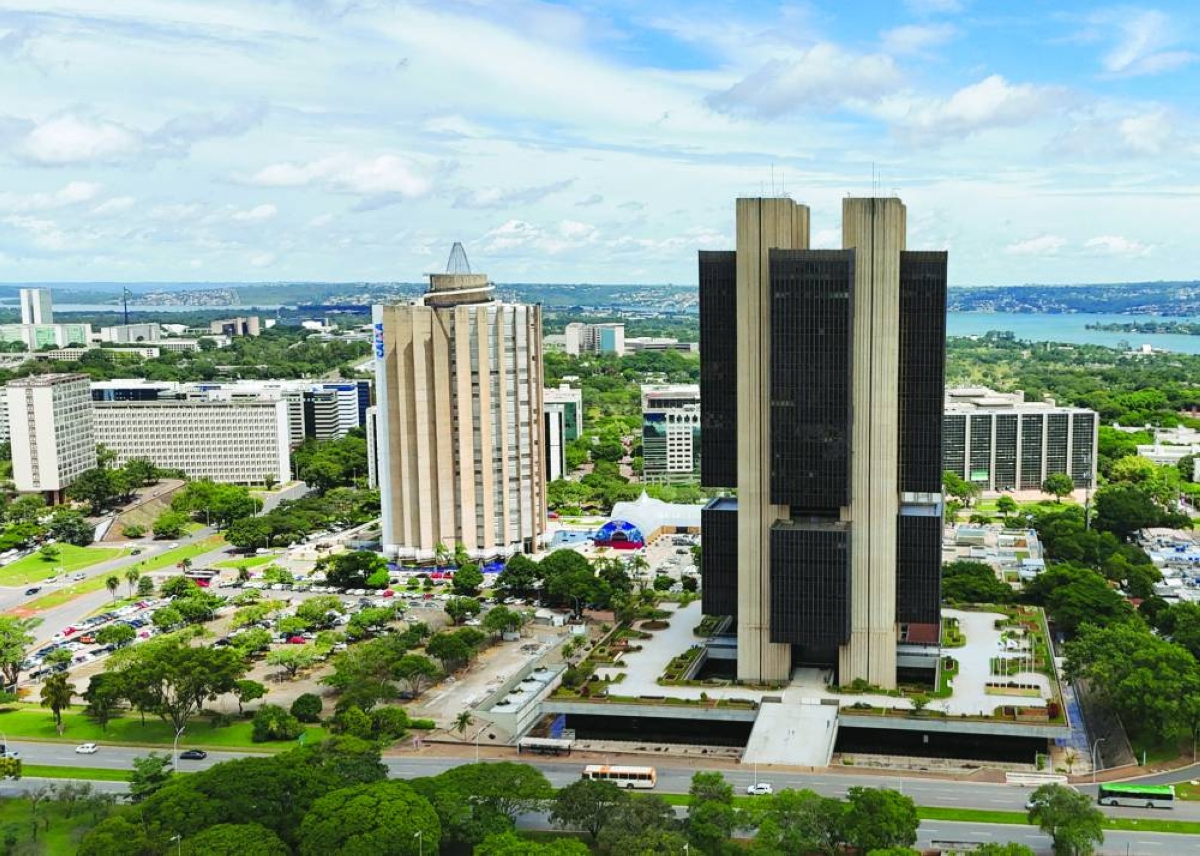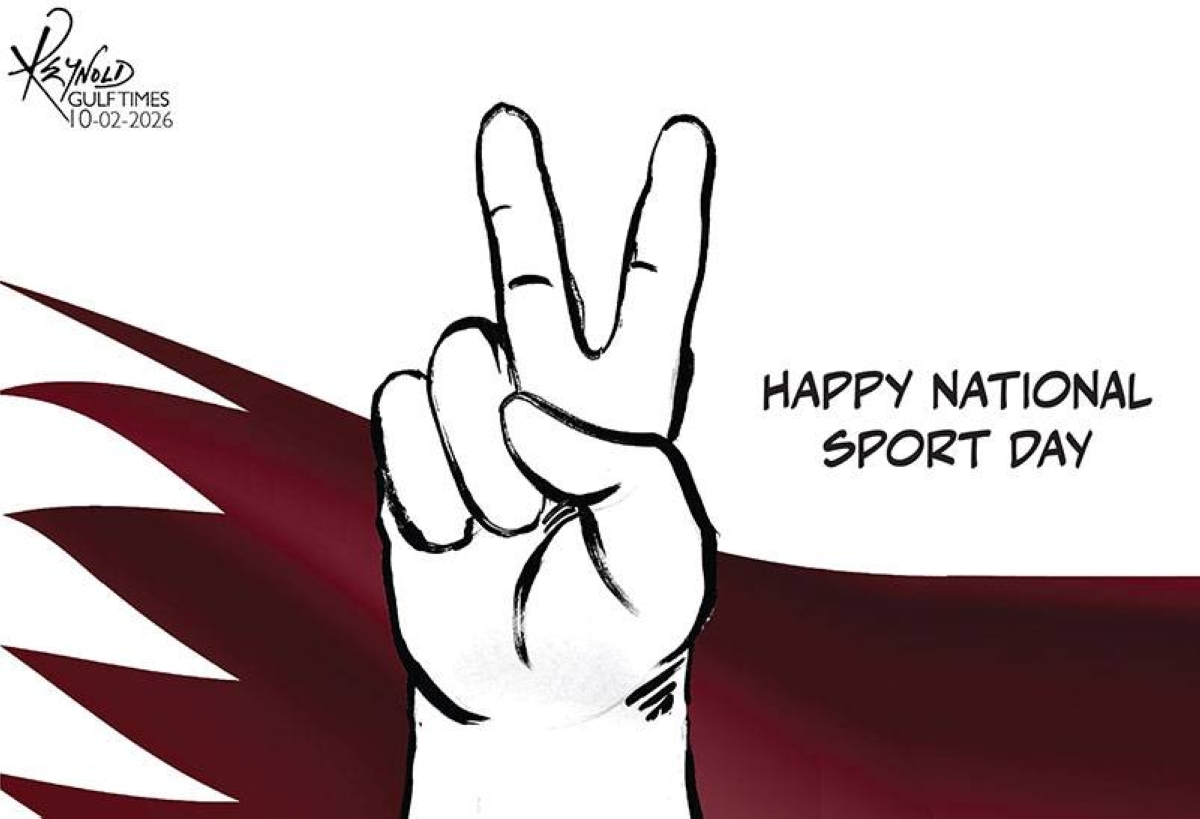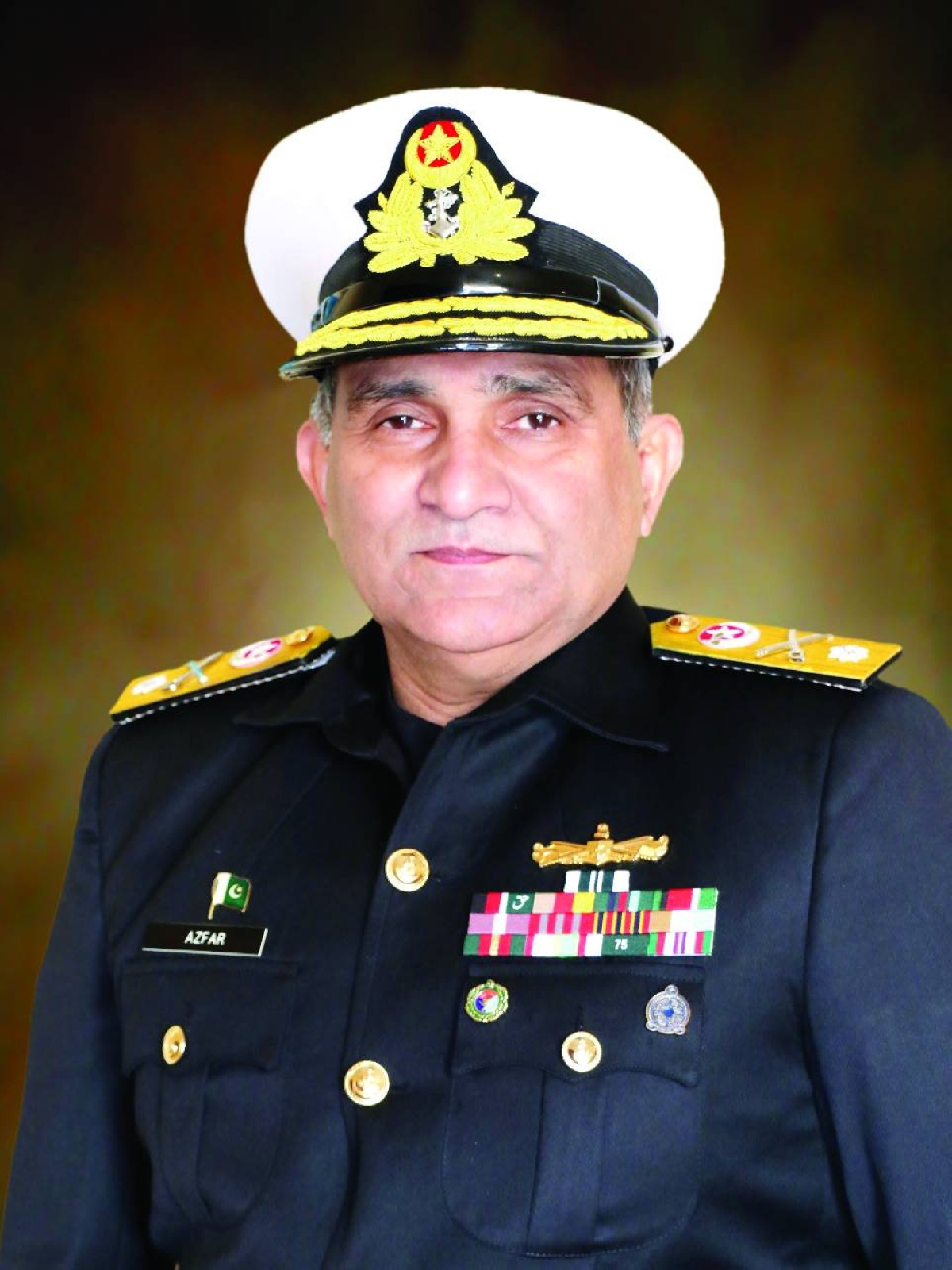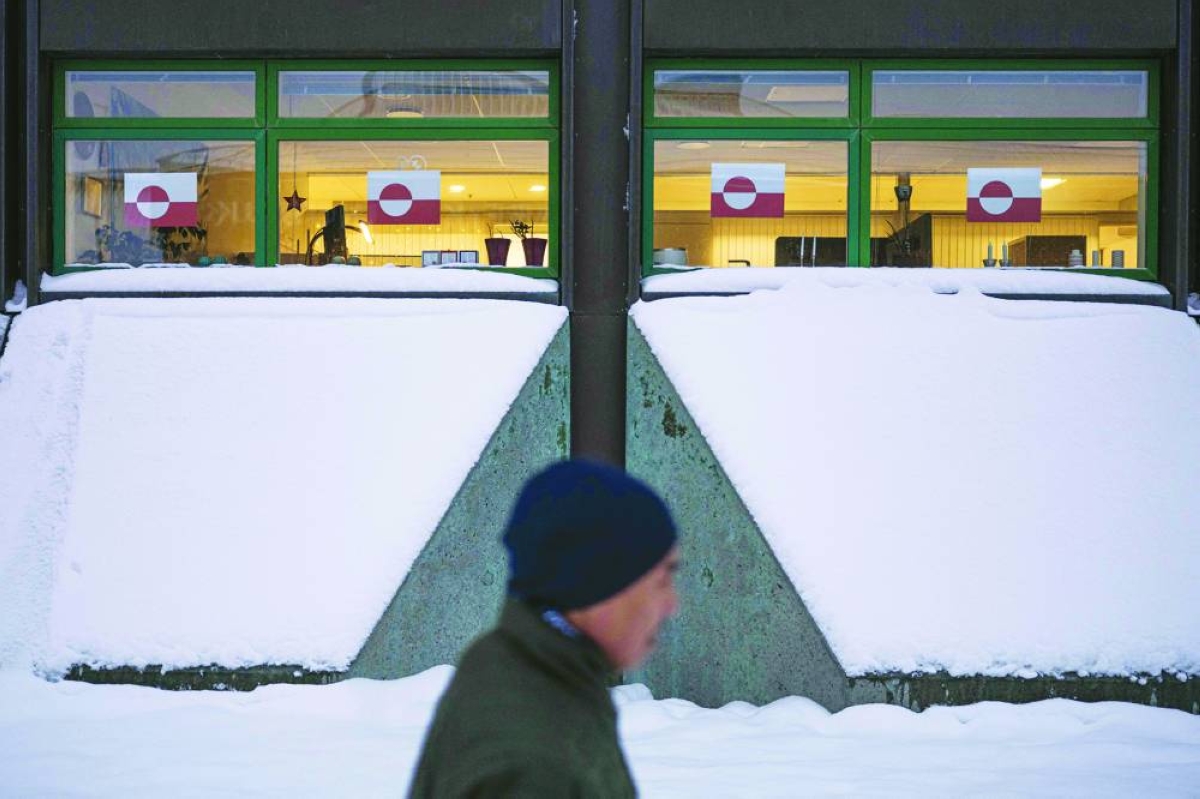One year after Chinese startup DeepSeek rattled the global tech industry with the release of a low-cost artificial intelligence model, its domestic rivals are better prepared, vying with it to launch new models, some designed with more consumer appeal. The Hangzhou-based firm’s meteoric rise in early 2025, during China’s Spring Festival holiday, upended China’s AI industry, pushing low-cost, open-source models to the forefront of its AI ecosystem.This time, DeepSeek will be joined by several other firms in launching new products around China’s longest and busiest holiday period, which officially begins on February 15. While the industry was stunned when DeepSeek broke through with a strong AI model despite US export controls restricting access to advanced semiconductors, now the market wants to see what Chinese companies come up with next, said Alfredo Montufar-Helu, a managing director at Ankura Consulting in Beijing. “The surprise would be if some of these new models end up being underwhelming. I think there are high expectations here,” he said.Zhipu AI on Wednesday released its latest AI model, which it said features enhanced coding capabilities and the ability to perform long-running tasks without any user prompts. ByteDance on Thursday officially unveiled Seedance 2.0, a video generation AI model “capable of producing cinematic blockbusters in seconds”, according to the Chinese state-backed ‘Global Times’ newspaper.ByteDance is also expected to roll out upgrades to its Doubao chatbot, currently China’s most popular AI app with 155.2mn weekly active users, according to QuestMobile. DeepSeek, too, is preparing to release its next-generation model V4 and rival Alibaba is expected to unveil its Qwen 3.5 series, featuring improved mathematical reasoning and coding capabilities. Qwen developers submitted support code earlier this month for “upcoming Qwen 3.5 series models” to the open-source repository Hugging Face, typically a sign that a release is imminent.Alibaba, ByteDance and DeepSeek have not announced a formal release date for their upgraded models. The companies did not respond to a request for comment. DeepSeek’s initial release in January 2025 triggered a global tech selloff and wiped $593bn from AI chipmaker Nvidia’s market value in a single day and spurred its Chinese rivals to release upgrades to their own models.In the past two years, DeepSeek’s models have repeatedly undercut competitors’ prices, pushing usage costs significantly below many US offerings. In the US, investors saw DeepSeek’s claim it had built a model comparable to OpenAI’s best but at a fraction of the cost, as a challenge to the assumption that only companies spending tens of billions of dollars on computing infrastructure could produce cutting-edge AI.A report by research group RAND on US-China AI competition published last month found that Chinese models operate at roughly one-sixth to one-fourth the cost of comparable US systems.“DeepSeek showed the industry that you can create a very good model even when you’re resource-constrained,” said Lian Jye Su, chief analyst at tech research firm Omdia. “The combination of open-source access, strong reasoning capabilities and low deployment costs has become a defining model for how Chinese vendors now approach foundation models.”Before DeepSeek’s breakout, some Chinese industry leaders, including Baidu CEO Robin Li, had argued that closed-source systems would dominate. Within days of DeepSeek’s assistant overtaking ChatGPT in Apple’s App Store downloads in the US, Baidu and other leading firms began opening portions of their own models.Hugging Face is now dominated by releases from Chinese tech giants such as Baidu, ByteDance and Tencent, and startups such as Moonshot.While DeepSeek remains focused on advancing core model performance, rivals are shifting emphasis toward integrating AI into consumer services. Alibaba’s Qwen chatbot has recently experimented with enabling users to purchase goods directly through conversational prompts. The pivot reflects commercial realities. — Reuters

